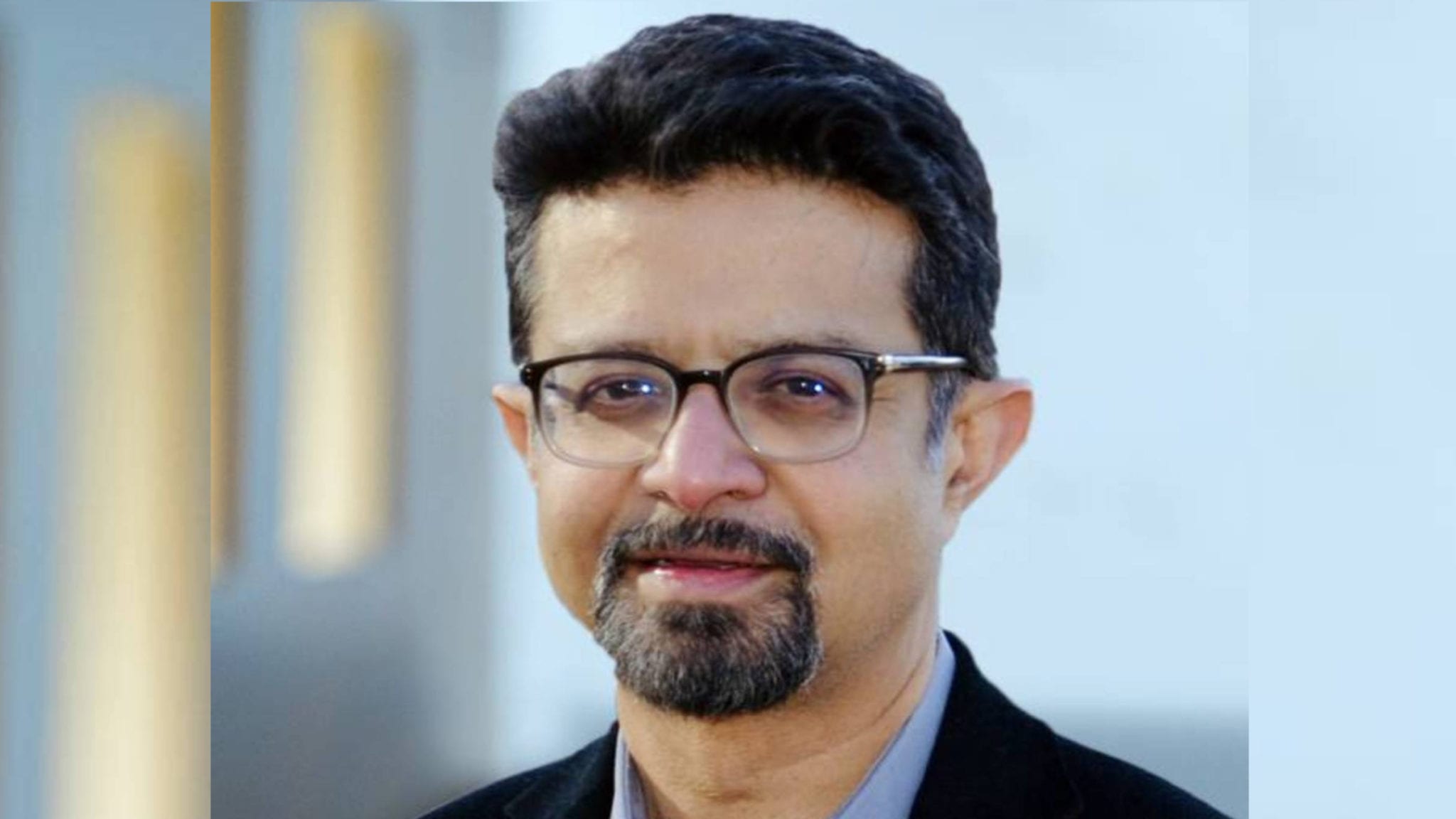
Anirvan Ghosh, Unity Biotechnology CEO
A month after losing its lead program, Unity Biotechnology cuts 30% of staff in restructuring
Unity Biotechnology’s lead anti-aging program faced the chopping block last month following a major Phase II flop. And now, 30% of its staff are …
Sign up to read this article for free.
Get free access to a limited number of articles, plus choose newsletters to get straight to your inbox.